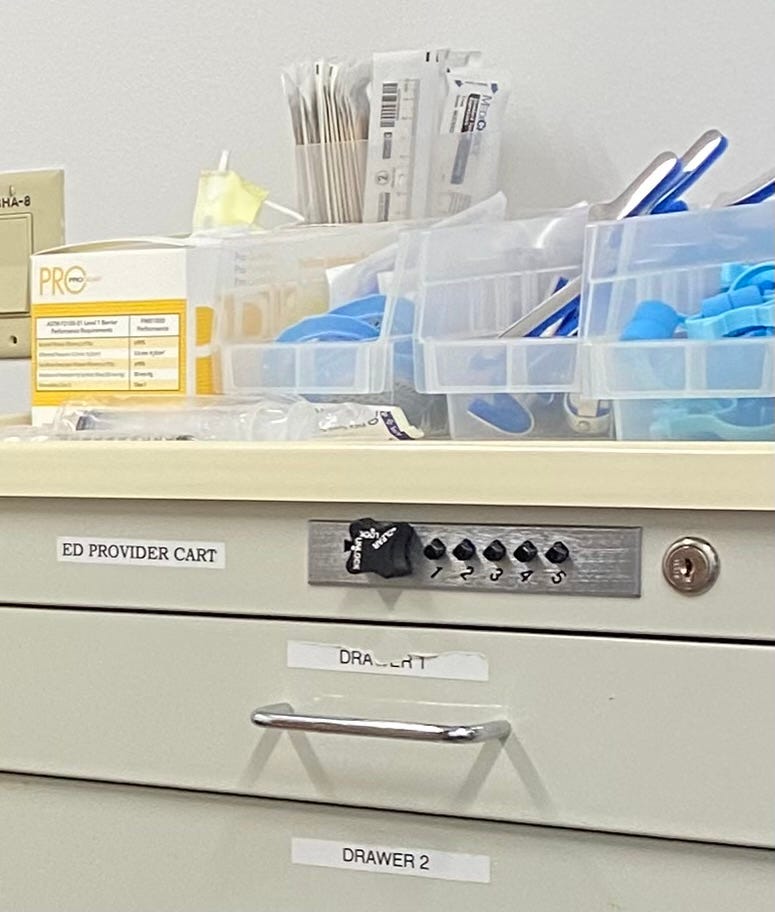5 Life Lessons that will make a better you - from the novel Shantaram.
Connecting literature to life.
Uncertainty about the future can frustrate you. But what if you were a wanted fugitive, trapped in a far away land, with not a dollar to your name? This is the story told by Gregory Roberts in his novel, Shantaram, now a series on AppleTV. The book is about Lin Ford, an Australian fugitive who escapes to Bombay, India to start a new life. I spent months living and working in Bombay in the same neighborhoods described in the book, and the story resonated with me that much stronger. I discovered much about myself during those months in Bombay, including leadership and life lessons. You will too. Here are 5 Life Lessons that will make a better you - from the novel Shantaram.
Conform to influence. There’s a scene in Shantaram where the lead character, Lin disembarks a train in a rural Mahrashtran village. There hadn’t been a foreigner in the village for over 21 years, and anyone in the village under age 21 was apprehensive of this tall Australian entering their domain. But Lin had learned an Indian gesture universally accepted in village or city: the head bobble. Without speaking a word of the local language, his body language had made the young villagers smile. People respond to familiarity. Wherever you go, learn the ways of the locals and conform to them. You’re not losing your individuality. Rather, you will gain new opportunities by showing your new friends an interest in THEIR individuality. Empathy is a universal language.
Learn to follow. In western culture, we idolize the idea of leadership. But you can only lead when you know how to follow. In Shantaram, Lin follows the lead of his new friend from the slums, Prabaker. When they first meet, Lin and Prabaker politely haggle over a bottle of whiskey in exchange for a serving of hashish and guide services. Lin knows that as an expatriate fugitive from Australia, this is not the time to be petty. He needs someone to show him the way through the streets of Bombay. They settle on a fee of 100 rupees for Prabaker’s services. Lin gives him the whole bottle of whiskey. When partaker takes Lin to a street restaurant, he becomes an open-book in detailing the secrets of Bombay streets. He distinguishes between “business price” and “friendship price”. That’s what Lin was looking for in the first place. A friend to follow around India.
Recognize the scorpion. The frog agrees to carry the scorpion across the river, and the scorpion agrees not to sting him. Of course, the scorpion stings him anyways. As they drown together, the frog asks: Why’d you do it? The scorpion says: I’m a scorpion and its in my nature to sting. In this early scene, Lin is getting some street knowledge from the gang air Leopold’s, a busy ex-pat bar. The journey that he’s about to begin is unforgiving. Don’t waste time asking “why” when the answer isn’t going to bring additional clarity to the situation. You can think of a handful of people in your medical career thus far who are the scorpion. Pay them no mind, or you’ll end up like the frog.
Go to the top dog. While at Leopold’s bar, Lin befriends Didier, an ex-patriot Frenchman who is well-versed in criminal activity. Didier has a unique code of honor that starts with his wardrobe style. He wears a wrinkled blazer and trousers with baggy folds. He’d been in Bombay for 8-years. Didier wants to be seen as a nobody, though he is well-respected in the streets. He tells Lin, the first rule of black business is: Never let anyone know what you’re thinking. Didier had carefully crafted an image of himself as a helpless, harmless alcoholic - though that was far from the truth. In life and in your medical career, take advice from the senior-most person you develop rapport with. They will get straight to the point, cut through the BS, and tell you the street knowledge you need to survive residency, fellowship and the regulatory dynamics of hospital culture.
Avoid being enamored. When Lin first encounters the German business woman, Karla, he nearly has an out-of-body experience. He exchanges a few lines of playful banter with her. Later, he is warned by Didier that she is “reasonably good at being a friend but she is stupendously good at being an enemy.” Learn to recognize when you are enamored by somebody. In my own experience in medicine, I’ve found that the most charming, funny, and likable characters that I met at meetings and conferences usually had a darker side. The true test of a person is when they are forced to handle chaos. Not how they work the room at cocktail parties. What you see in times of stability and social reveling is just their avatar. Don’t assume they are benign.
3DEEPERCUTS PUBLISHING 2024




Nice read. Thx